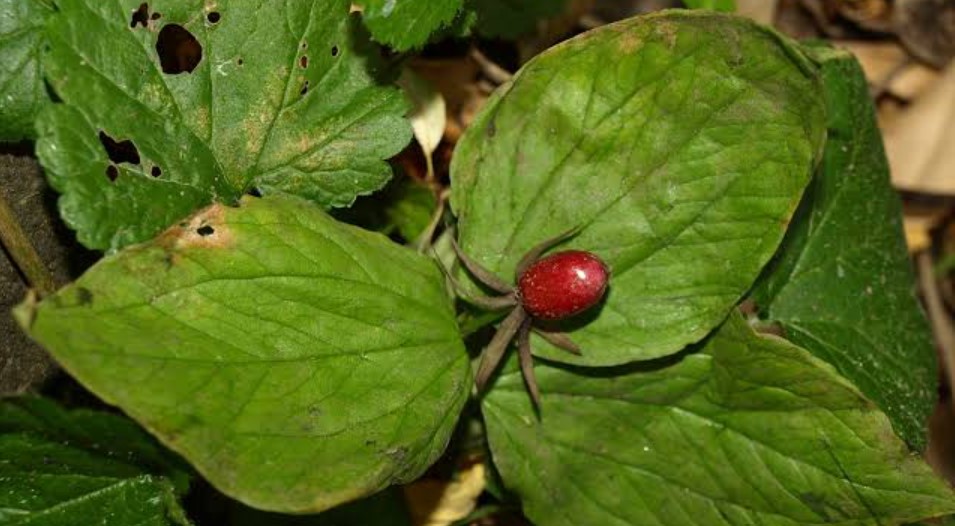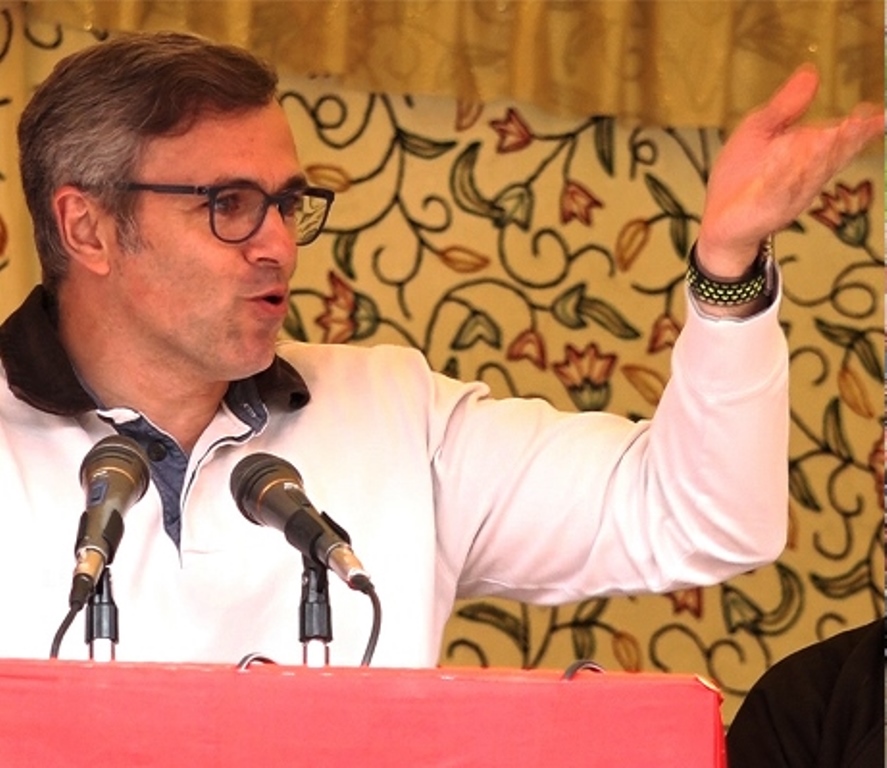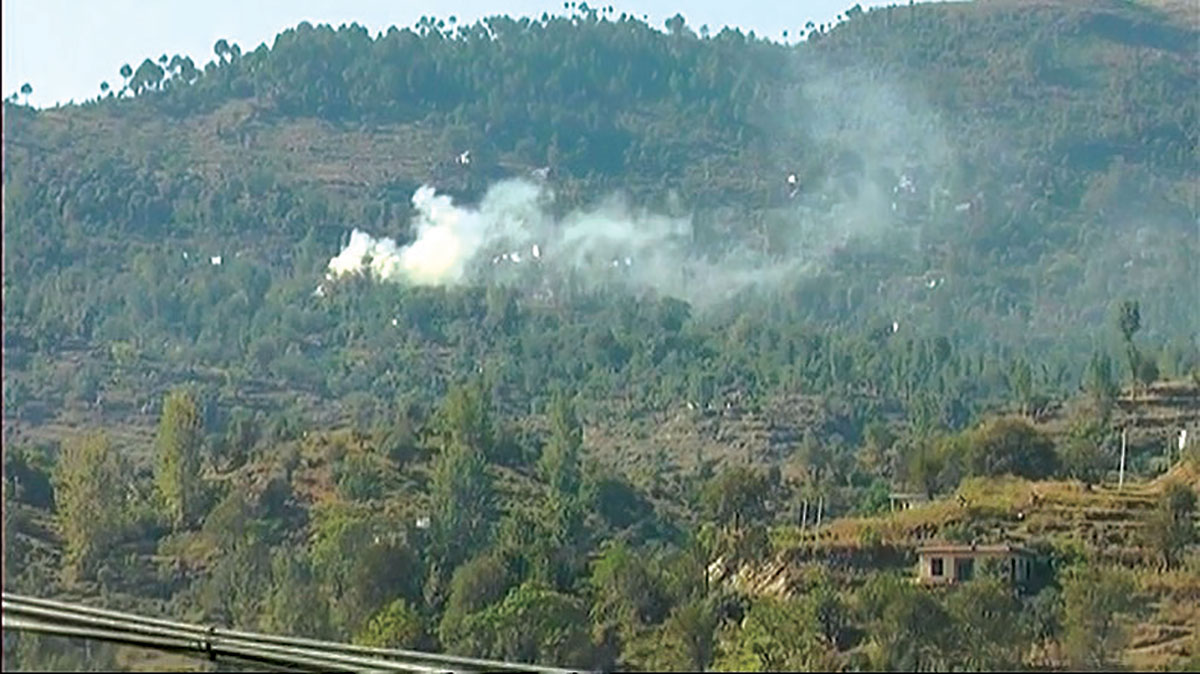SRINAGAR: In the serene landscapes of the Kashmir Himalayas, the Pustul plant, scientifically known as Taxus wallichiana, is grappling with the looming threat of extinction, posing a significant risk to cancer treatment. Dr Akhtar Malik, a distinguished scientist from the University of Kashmir’s Department of Botany has revealed.

The Pustul plant, locally recognised as Ustul, Birmi, or thunner among tribal communities, belongs to the gymnosperms group. Dr Malik shed light on the plant’s significance in cancer treatment, citing its sister species, Taxus Bacata, initially found in Europe, which was discovered to possess cancer-treating properties. Taxol, extracted from both Taxus Bacata and Taxus wallichiana, serves as a vital anti-cancer drug administered to patients globally.
“The Pustul plant, also known as Himalayan yew, came into the limelight after it was found that it is useful for the treatment of cancer,” Dr Malik explained the plant’s pivotal role. “Firstly, it was found that taxol is being obtained from the bark of the tree; however, later it came to the fore that the needles (leaves) of the tree contain taxol, which is a crucial component.”
Despite its smaller size compared to other trees, the Pustul tree, primarily thriving between 2200-3000 meters above sea level, faces substantial challenges due to its heightened global demand. Dr Malik highlighted the detrimental impact of smuggling on the tree’s population, leading to the death of hundreds of trees. The scientist attributed this decline to smuggling, overgrazing, land changes, and other issues, emphasising the financial gains made by brokers in international markets at the expense of the local people involved in smuggling.
Alarmed by the escalating threats, the International Union for Conservation of Nature (IUCN) has officially declared the Pustul tree as endangered, signifying the urgency of protective measures. Dr Akhtar Malik warned that without immediate intervention, the tree could progress from being endangered to critically endangered and ultimately face extinction.
Taking a proactive stance, the Department of Botany at the University of Kashmir is actively engaged in tissue culture research, while the Department of Forest is spearheading large-scale plantation efforts to safeguard this endangered botanical treasure. The collaborative initiatives aim to mitigate the adverse impact of illegal activities and secure the future of the pustul plant, ensuring its continued contribution to cancer treatment globally.
















The photograph is not of yew